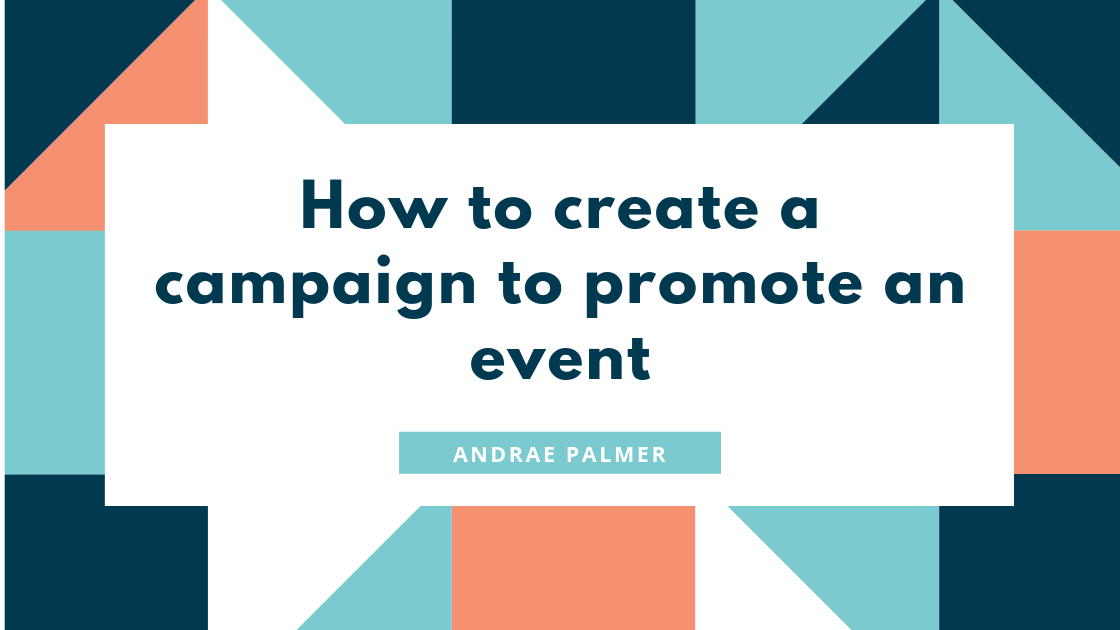Attending an industry event is fun. You get to learn new things, meet people and reconnect with old ones. It can also serve as a great source of content for your podcast. Leading up to the event however, you can create a host of content to promote the event creating a mini-campaign.
In this post, I’ll show you how you can generate content ideas to promote an event.
Pre-event
A month or so before the event, secure an interview with the organisers to get some information about the event. This will help you know what’s happening and if there’s anything new to expect if the event is an annual thing.
If the event is new, get background information. Here are a few questions you can ask the organisers:
- If its the first time, why did you decide to host this event?
- What topics do you plan to cover?
- Who are the speakers who will be there?
- Why was this focus chosen?
- What can persons expect when they come to the event?
- Who would get the most out of this event?
- You can wrap by asking location and pricing.
As a side note if they are looking to address a particular issue, spend time talking about it. This is a good way to entice your listeners to actually go to the event. As the event will bring out the solutions.
You can do that in one episode and also do giveaways of tickets or offer early bird pricing. This can serve as an incentive for your listeners to take action and go to the event. Leading up to the event you can do reminders and notices about the event and count down for when the early bird prices will end.
At the event
While at the event record the live presentations. The easiest way to do this is to get a feed from the PA system engineer and connect your recorder to the system. Just ask around and once you find them they will hook you up. Take detailed notes to share with your listeners. Also, update your social media pages while at the event.
Live-tweeting using the events hashtags, Instagram pics and stories.
In addition, get feedback from the persons attending the event using your recorder. These responses can be used for a podcast episode. Talk with the organisers about how well the event is going and general feedback. Also just to pick their brains for plans for next year. You can also ask about turn out.
Next, talk to some of the keynote speakers to get feedback on their presentations and ask follow up questions from your notes. This can help you clarify anything you might not understand and can help generate more content for your podcast.
The last thing at the event, talk to business owners with booths at the site. Talk to them about how the event is going as well as get tips to share with your listeners. Ensure the persons you talk to solve a problem relating to your business and your audience. These interviews can also serve as separate podcast episodes.
Post-event
After the event is finished organise all your notes and interviews in a logical order. Episode 1 talks about how the event went and general key discussion points. You can use clips from the keynotes in your show. That’s why you recorded it.
Episode 2 and 3 is feedback from patrons and sponsors. Let them share how the event went and their experience. Also, anything that can contribute to a full interview from different perspectives. From there, you can use the tips gathered from the business for future episodes that,s a not event-specific. And depending on how many tips you get will determine how many podcast episodes you can crank out.
